The Disaster Medicine and Response concentration is an immersive experience into medical management of disasters. The student will complete a series of encounters (field experiences), didactic lecture and seminars in addition to readings and a focused project in an effort to gain mastery into the functions of multiple agencies, organizations and individuals in preparation for emergencies and disasters. Particular emphasis will be given to the study of the interaction and cooperation among key agencies and medical disciplines.
Each student in the concentration will receive didactic lectures on the core topics of disaster medicine and response. This seminar will take place 2 hours a week during the self-directed learning time in Year II. The instruction for this seminar will be from a multidisciplinary faculty including the Departments of Emergency Medicine, Surgery, Medicine (Renal, Infectious Disease, Tropical Medicine), Psychiatry, Pediatrics and Toxicology. The lectures could be held at the Emergency Medicine Conference rooms in Claverick or CORO (The medical Simulation Center) or at a site on the Brown Campus. The core topics would include. Medical Disasters, Systems to Respond to Healthcare needs during and after a disaster, National Incident Management System, Incident Command System, Weapons of Mass Destruction, Pandemic Influenza, Refugee health care (in cooperation with the Global Health concentration), Mental Health in disasters and after terrorist events, Syndromic surveillance, Hospital Surge Capacity, Evacuation, Care of Special populations, Community planning, Hospital disaster planning, Alternative care sites, Community-Government interface in disaster planning and response, Communications, Technology insertions (for detection, treatment and rehabilitation) Case studies (Tokyo Sarin, 9-11, SARS, US Anthrax, Katrina, Pacific Tsunami), medical team work training, the ethics of rationing care in large scale disasters (in cooperation with the medical ethics concentration).
This seminar series will be supported by readings from textbooks, published manuscripts, policy statements and on-line training modules (FEMA: NIMS, ICS). Students will have access to other lecture series and seminars during this time period and throughout their 4 years (Rescue Rounds-monthly, RI Disaster Medical Assistance Team Lecture series, monthly, etc.). In addition grand rounds and related seminars will feature nationally recognized guest speakers.
Potential encounters would include attending disaster preparedness meetings at the RI Department of Health; Emergency Management Association, RI Hospital Disaster Preparedness Committee; Pandemic Flu planning at RIH and Brown. Other activities may include EMS time with Lifeguard Critical Care Transport Ambulance service, Simulation Center Experience, relevant Emergency Medicine Residency conferences. Potential field experiences include (depending on timing of events): participation at mass gathering events to provide health care with the Rhode Island Disaster Medical Assistance Team (Tall ships, Snickers Soccer Tournament, RIANG Airshow, etc.). The annual Rhode Island Disaster Initiative Disaster Conference. Field experiences in the offices of HHS and FEMA in Boston or Washington DC.
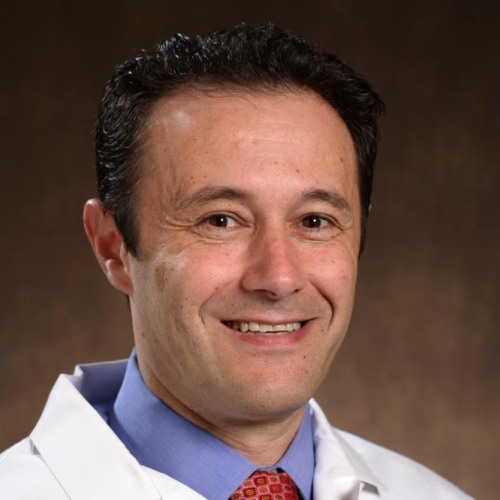
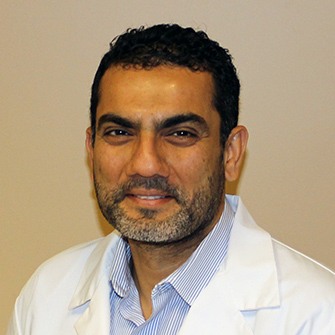

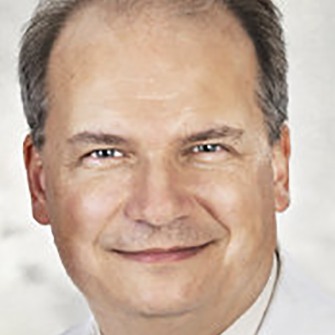
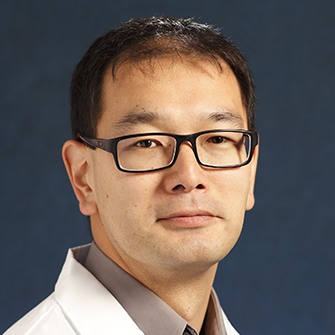
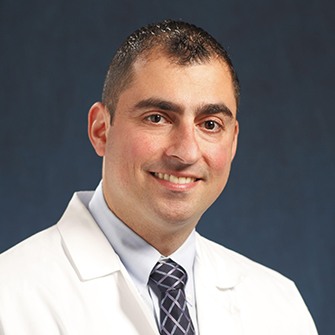

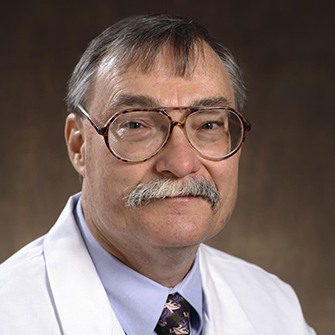
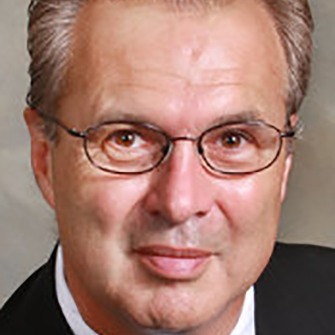
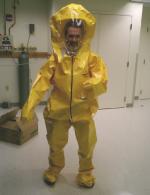 Simulation Enhanced Training in Emergency Preparedness (STEP) course is held periodically at Brown, aimed at training healthcare providers.
Simulation Enhanced Training in Emergency Preparedness (STEP) course is held periodically at Brown, aimed at training healthcare providers.